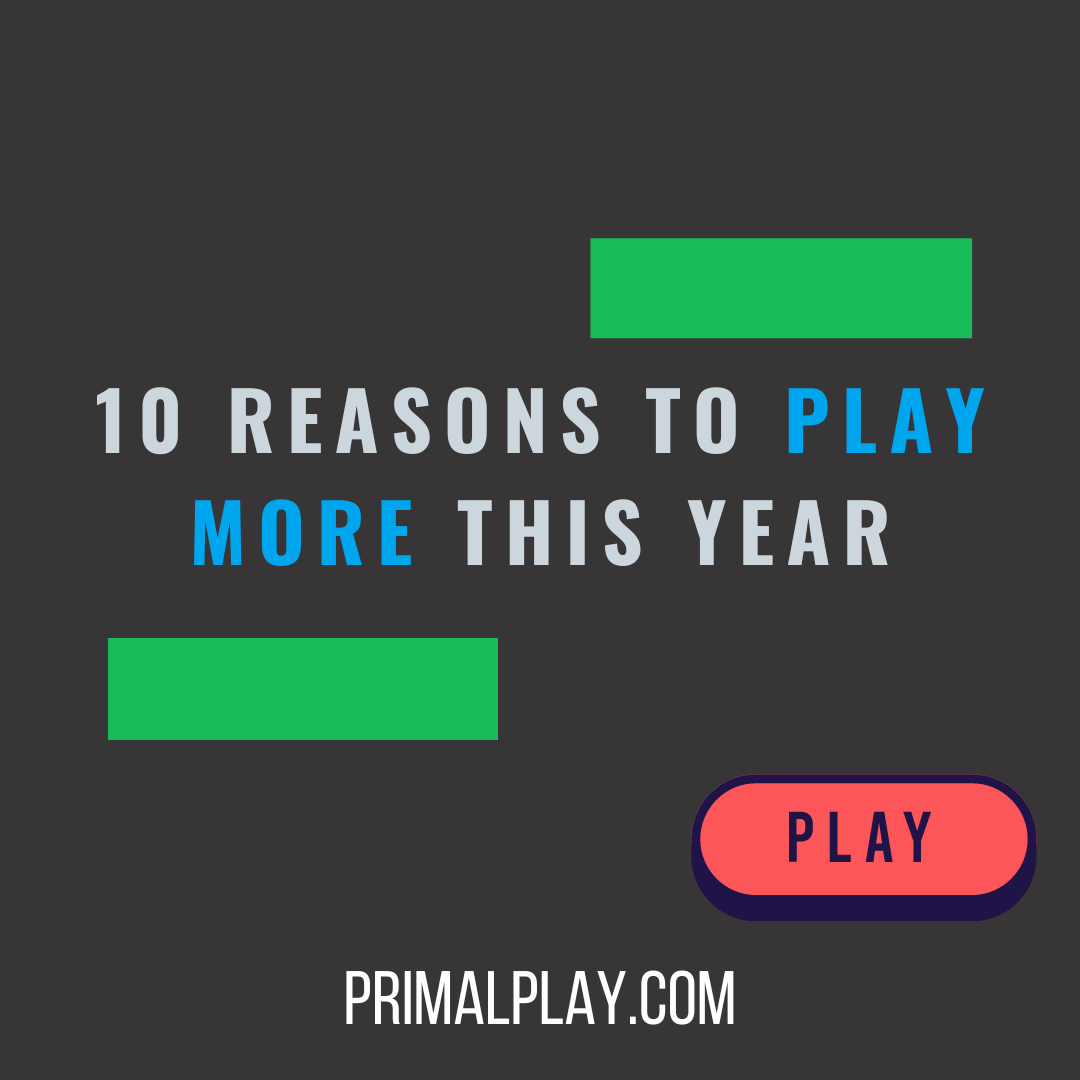Developing A Growth Mindset Through Play
Why Develop A Growth Mindset?
What Is A Growth Mindset?
A growth mindset is being keen to try new things with a focus on the experience. Growth mindset activities don't always have to have a clear purpose either; it's just doing something for the sake of it.
““In a growth mindset, people believe that their most basic abilities can be developed through dedication and hard work—brains and talent are just the starting point. This view creates a love of learning and a resilience that is essential for great accomplishment.””
A growth mindset vs a fixed mindset—what’s best?
Play Is Not Just For Kids
Play is an essential part of growth for all human beings, but our society acknowledges this only in childhood and early development. However, growth and development do not stop merely because an arbitrary age has been reached, and play continues to be critical throughout all age groups.[1]
Those writing on the subject of play in adulthood point out that "although some people may appear more playful than others, researchers say that we are all wired by evolution to play". [3]
What Is Play?
To understand why this may be so, one must define play itself. While this may be challenging, given that play is an evolving and fluid concept unique to each individual, experts agree on some key features. The National Institute for Play (USA) suggests that "play is something done for its own sake" and that it is "voluntary, it's pleasurable, it offers a sense of engagement, it takes you out of time. And the act itself is more important than the outcome" [2].
RELATED: Quotes On PlayPlay can occur through numerous activities, but it is important to note that some may not always be categorised as play. Adults tend to prioritise competitive games [1], but this is not always playing and does not provide the same benefits.
"Play is not the activity but the attitude."
Darryl Edwards
Play For Emotional and Social Health
Play can facilitate both personal growth and the kind of growth required for relationships to flourish. Psychiatrist Stuart Brown, MD, suggests that "playing together helped couples rekindle their relationship and explore other forms of emotional intimacy" [1]. Other research indicates that play allows communities to develop, grow and flourish. This social cohesion is understandable, given that some of the primary skills acquired through childhood play are "empathy, how to communicate with others, and how to roll with the punches" [2]—all tools vital for forming and maintaining healthy adult relationships.
Researcher Peter Gray expresses this slightly more formally, explaining that "Play primarily evolved to teach children all kinds of skills, and its extension into adulthood may have helped to build cooperation and sharing among hunter-gathers beyond the level that would naturally exist in a dominance-seeking species" [3]. In addition to providing both the space and the tools for the growth of new relationships, play may also revitalise and rejuvenate existing ones, allowing them to remain positive and fulfilling over time.
RELATED: Why Play Is For EveryonePlay for Cognitive and Mental Health
There is a mental component to growth, both in terms of how we think and physiological brain health, determining how we can think. Play may sharpen critical thinking and problem-solving skills through continued practice and improve brain health and memory through mental exercise [2]. In addition, experts note "that play isn't just about goofing off; it can also be an important means of reducing stress and contributing to overall well-being" [3]. Adults who engage in play report lower stress levels and enhanced coping mechanisms, which help them manage stress when they do experience it.
This is not only useful in a personal capacity but professionally as well. As Lynn Barnett of the University of Illinois suggests, "At work, play has been found to speed up learning, enhance productivity and increase job satisfaction" [3].
Play is Fundamental
Play is a fundamental part of the human experience, in no small part because it encourages people to grow—personally, professionally, and socially. Play is crucial in ensuring the health of both individuals and communities and developing healthy growth mindsets.
RELATED POSTS:
References:[1] Tartakovsky, Margarita. "The Importance of Play for Adults." PsychCentral. 15 November 2012. Web. https://psychcentral.com/blog/the-importance-of-play-for-adults#1. Accessed 15 May 2021. [2] Yenigun, Sami. "Play Doesn't End With Childhood: Why Adults Need Recess Too." NPR50. 6 August 2014. Web. https://www.npr.org/sections/ed/2014/08/06/336360521/play-doesnt-end-with-childhood-why-adults-need-recess-too. Accessed 15 May 2021.[3] Wallace, Jennifer. "Why it's good for grown-ups to go play." The Washington Post. 20 May 2017. Web. https://www.washingtonpost.com/national/health-science/why-its-good-for-grown-ups-to-go-play/2017/05/19/99810292-fd1f-11e6-8ebe-6e0dbe4f2bca_story.html. Accessed 15 May 2021.Why Play is important for developing a growth mindset.










